Russia is increasing its crackdown on LGBTQIA+ activism and literature as part of a broader anti-LGBTQ+ agenda that is rapidly spreading throughout the country.
Banning Activism
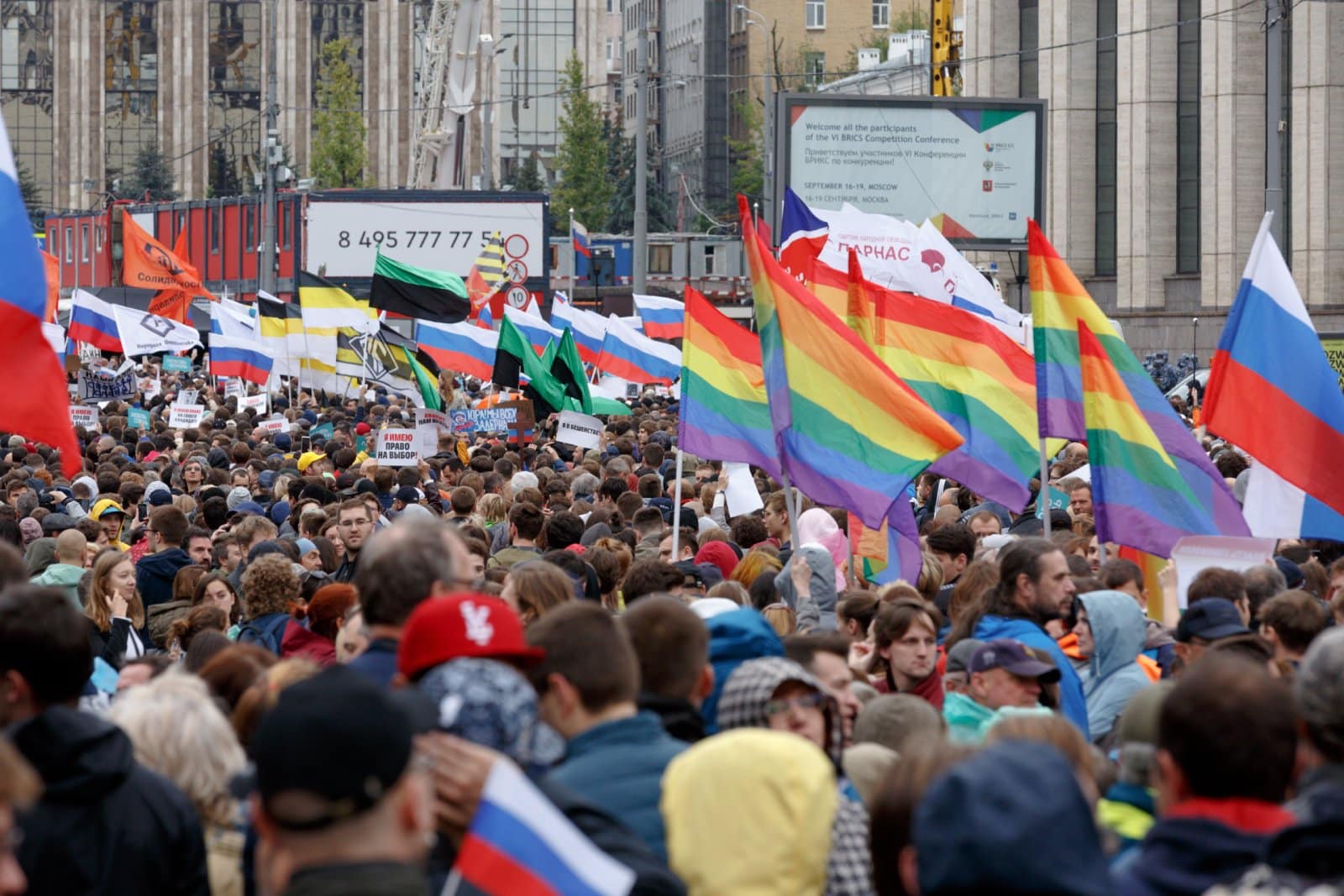
The increased efforts to suppress the LGBTQ+ community is part of a full ban on “LGBT Activism” enacted in 2022 that was built on pre-existing discriminatory laws and prejudices.
Winding Back the Clock
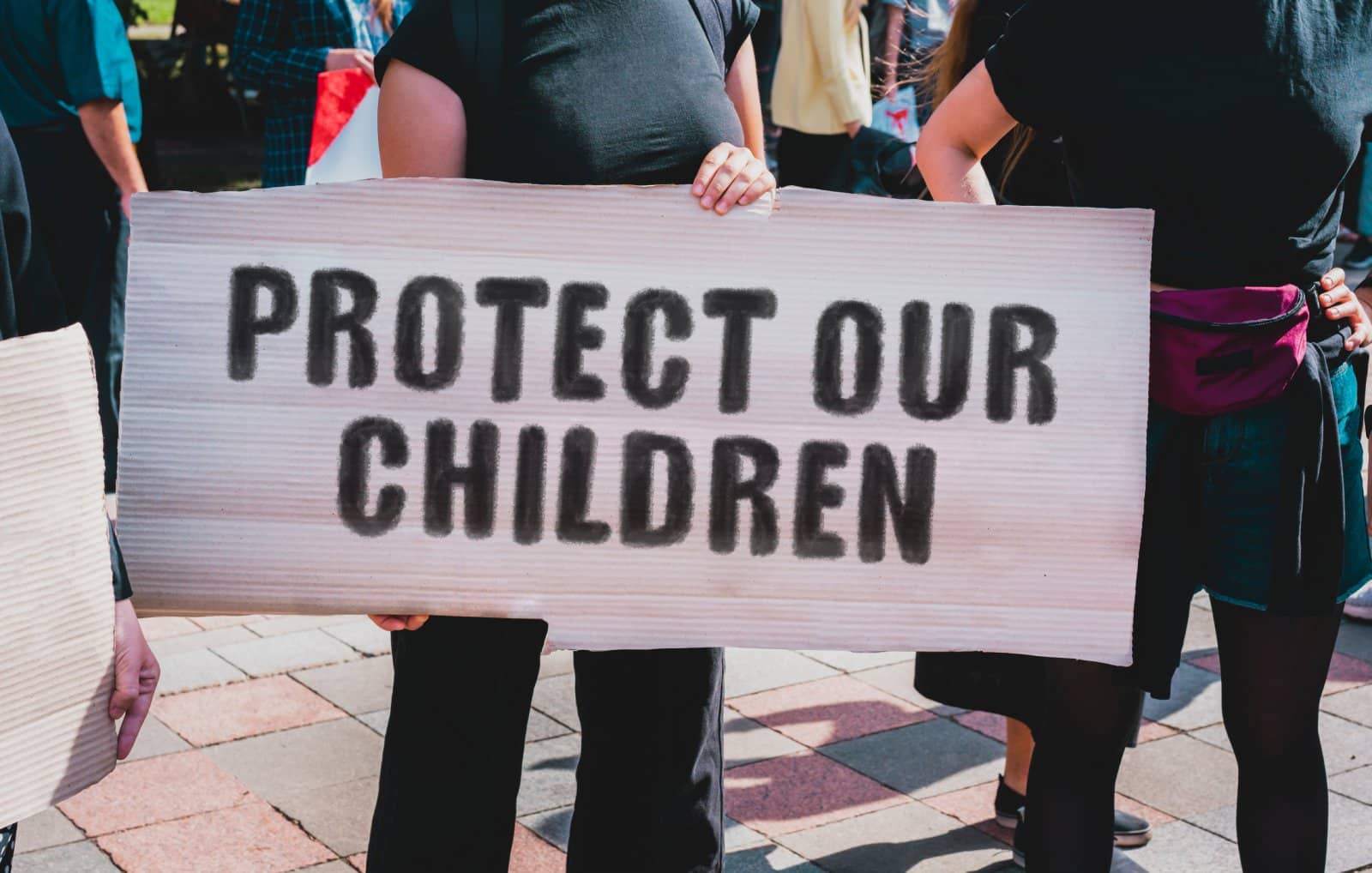
Turning back to gain a better understanding of where this coming from, we can look back to 2013 when Russia passed its first law against “gay propaganda” to “protect children.”
Banning Positive Representation

In 2022 the law was expanded so that any positive representation of same-sex relationships was banned from media such as advertisements, films, video games, and books.
Declaring a Terrorist Movement
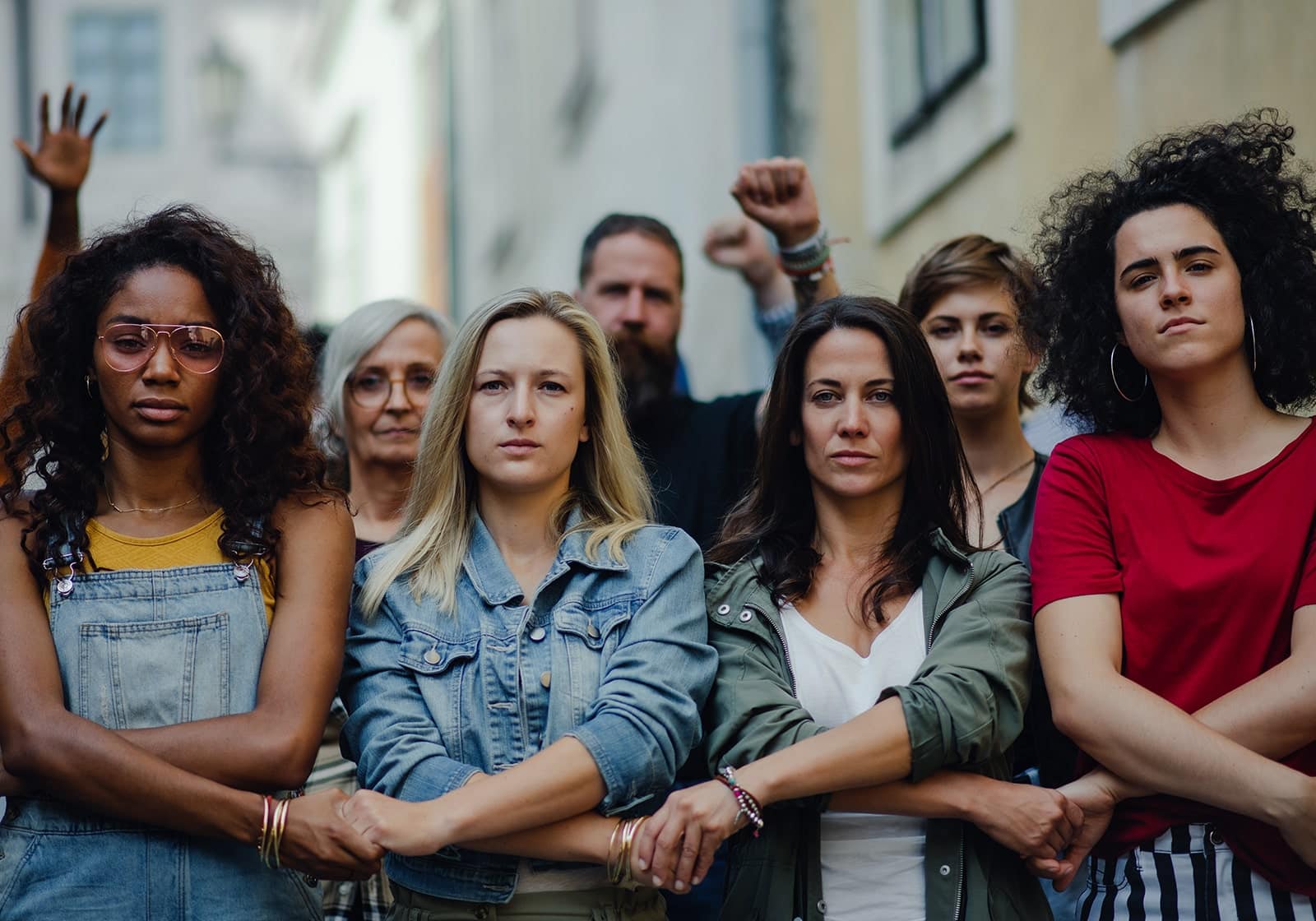
In the same expansion of the 2013 law, the Russian Supreme Court even went so far as to declare the “International LGBT movement” a terrorist organization.
Consequences for Defiance
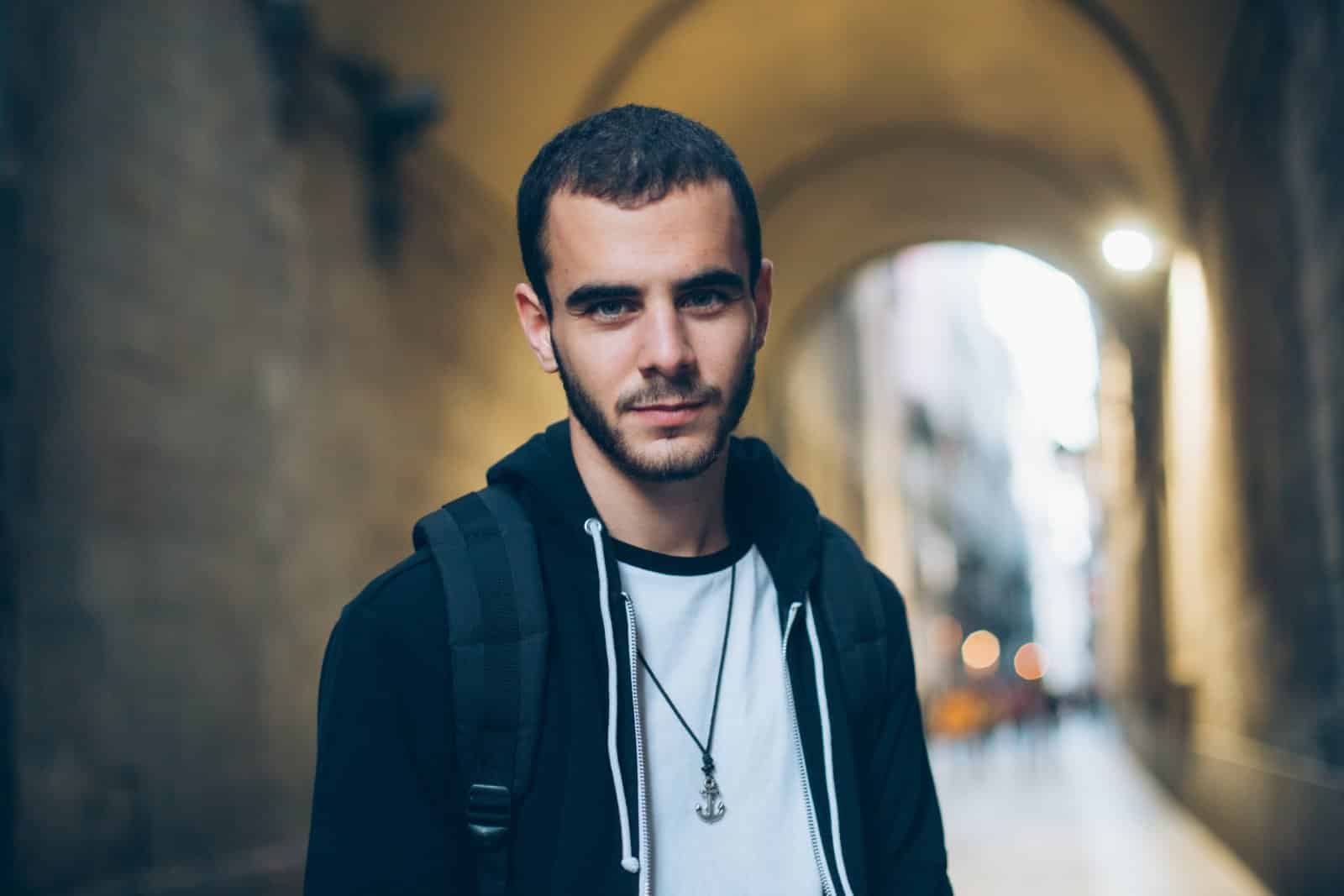
There have already been some consequences for Russians fighting back against the ban with students like Danila Morozov.
15 Days in Jail
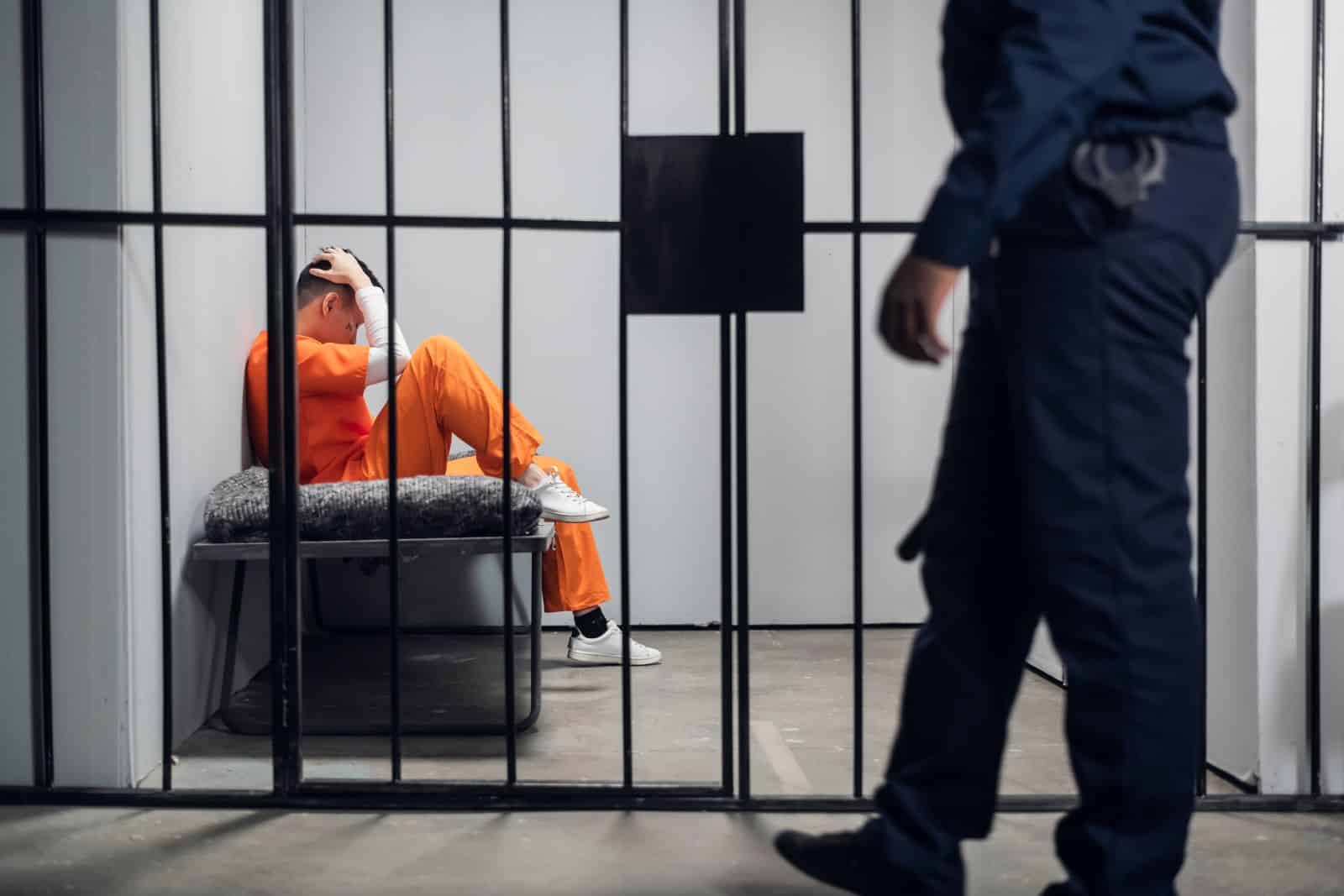
Danila Morozov is a Youth Parliament member and was sentenced to 15 days in jail and fined 50,000 rubles ($825 AUD) for displaying LGBT symbols and sharing posts that allegedly discredited the Russian army.
Banning Books for Promoting Gay Relationships
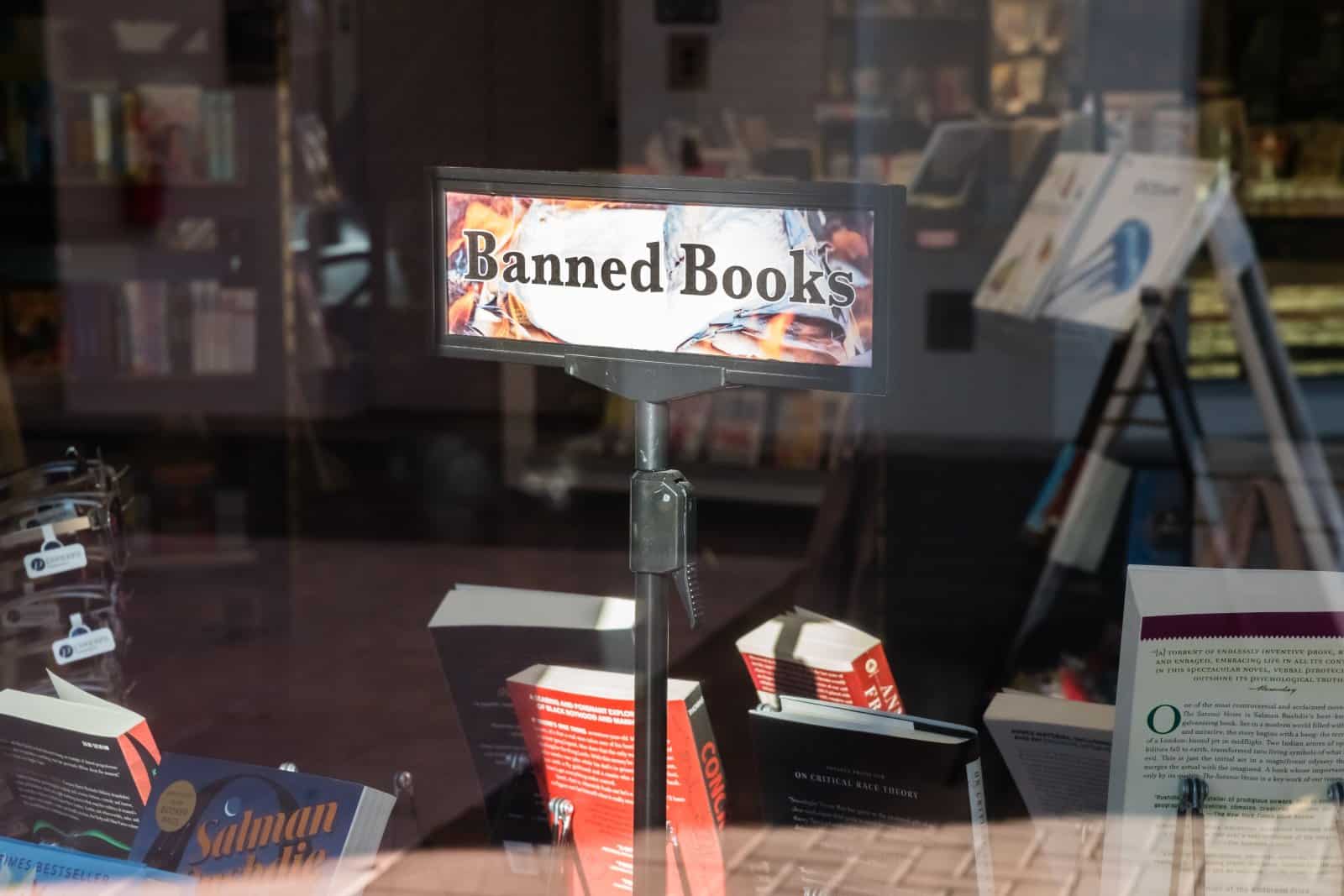
The new expansion of the law has also created a council within the Russian Book Union that will identify and ban books that promote “non-traditional sexual relationships.”
Who’s on the Council?
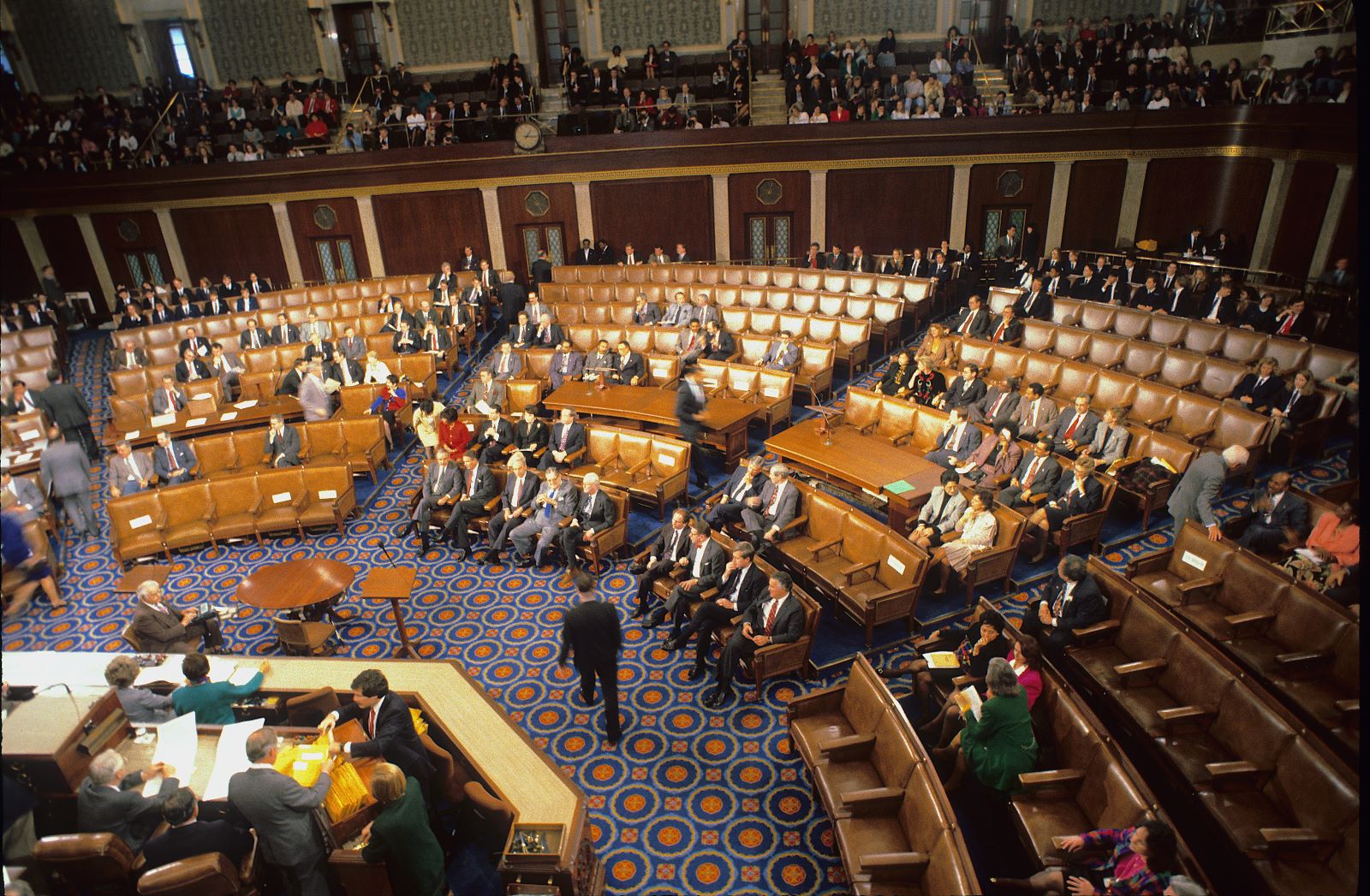
Though the council is meant to be nominally independent from the larger Russian government, the council is packed with Kremlin loyalists from the Russian military and Orthodox Church.
Putin’s Anit-LGBTQ+ Agenda
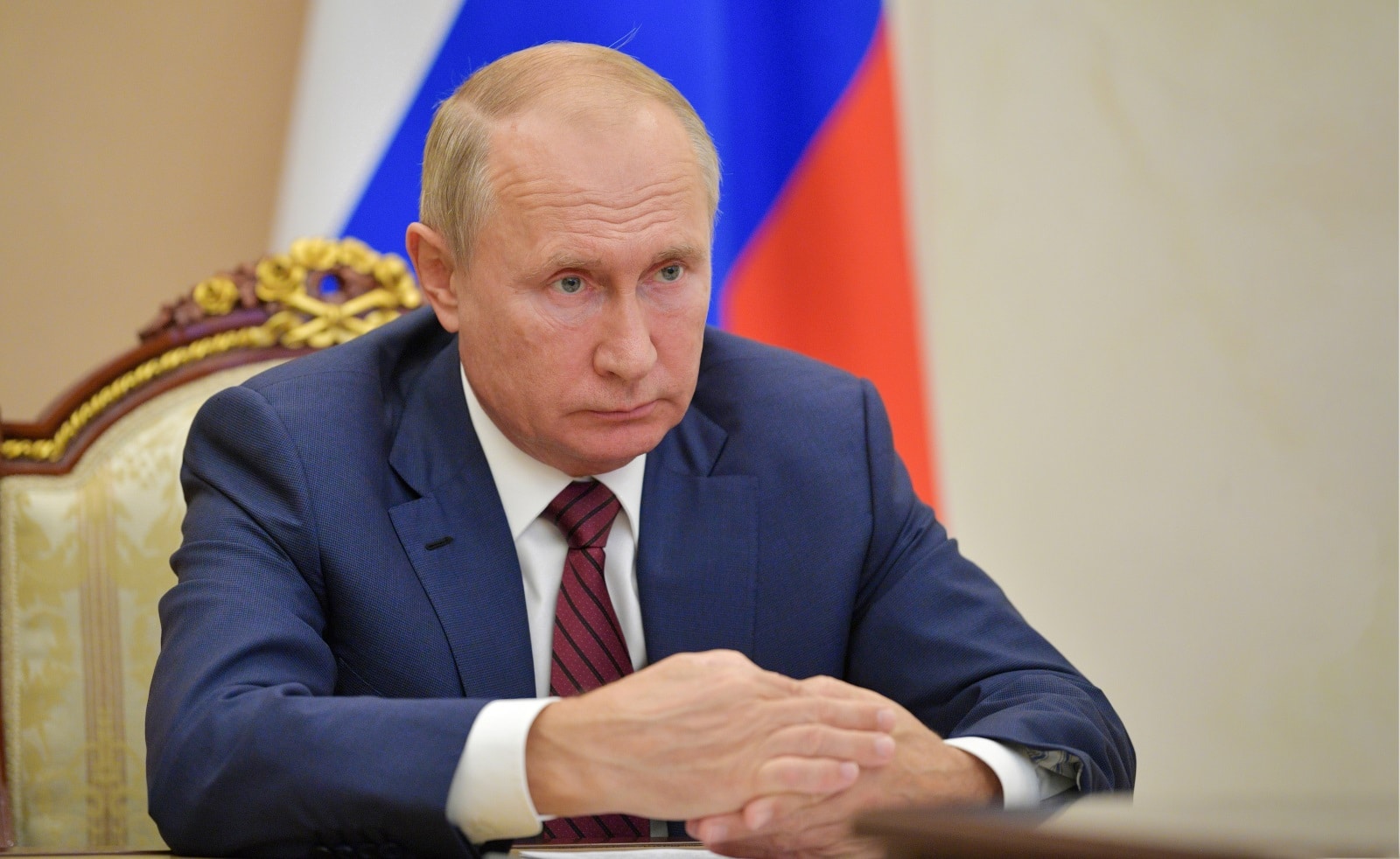
These members of the council are essentially representatives of Putin’s government, which is often characterized by the president’s strict anti-LGBTQ+ agenda.
Popular Titles Banned
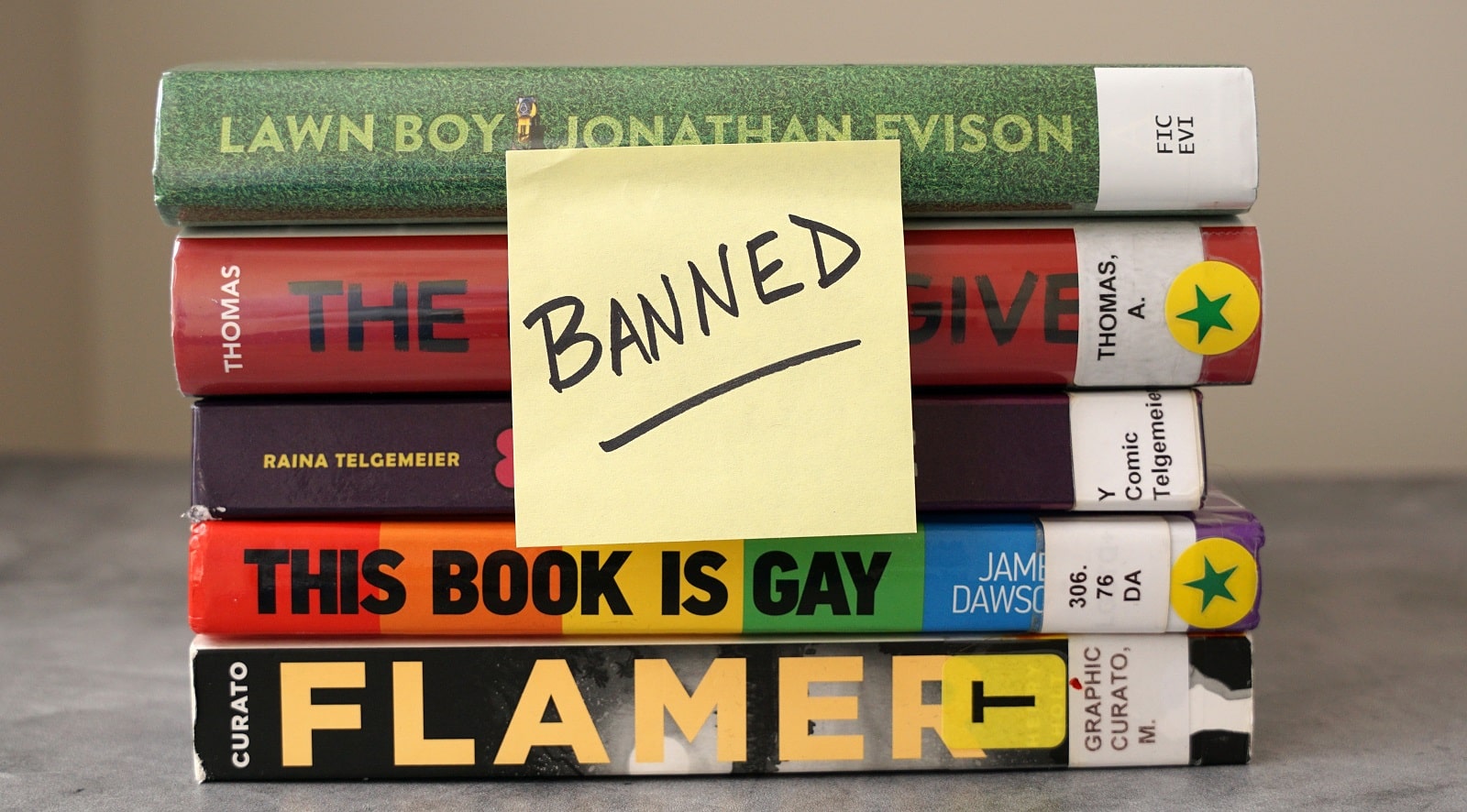
Three of the most popular books that have already been banned are “A Home at the End of the World” by Michael Cunningham, “Giovanni’s Room” by James Baldwin, and “Heritage” by Vladimir Sorokin.
Article 6.21 of Russia’s New Code
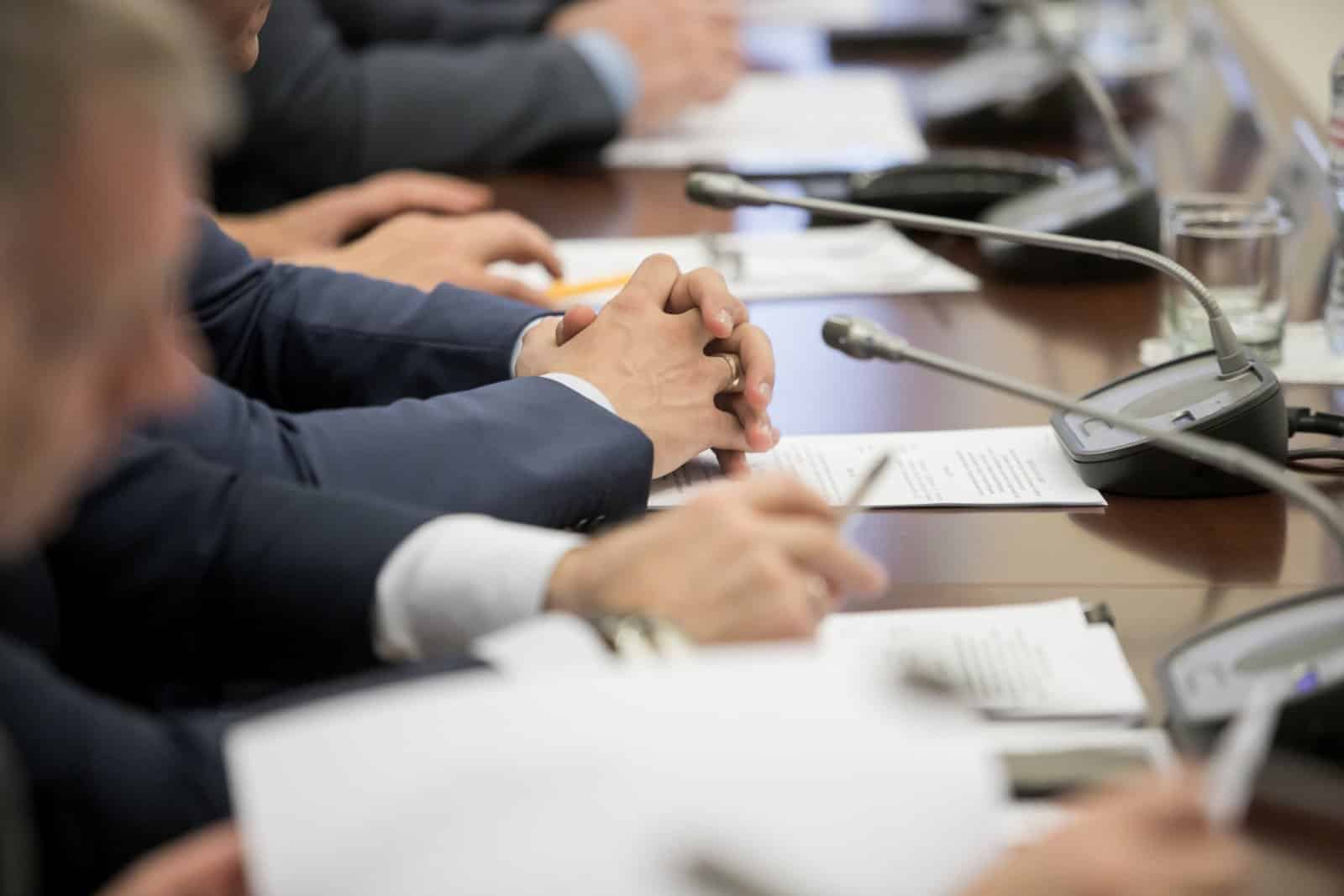
The council’s decision to ban these three famous works stems from Article 6.21 of Russia’s code of administrative offenses, which prohibits “propaganda” that advocates “non-traditional” relationships.
More Bans to Come
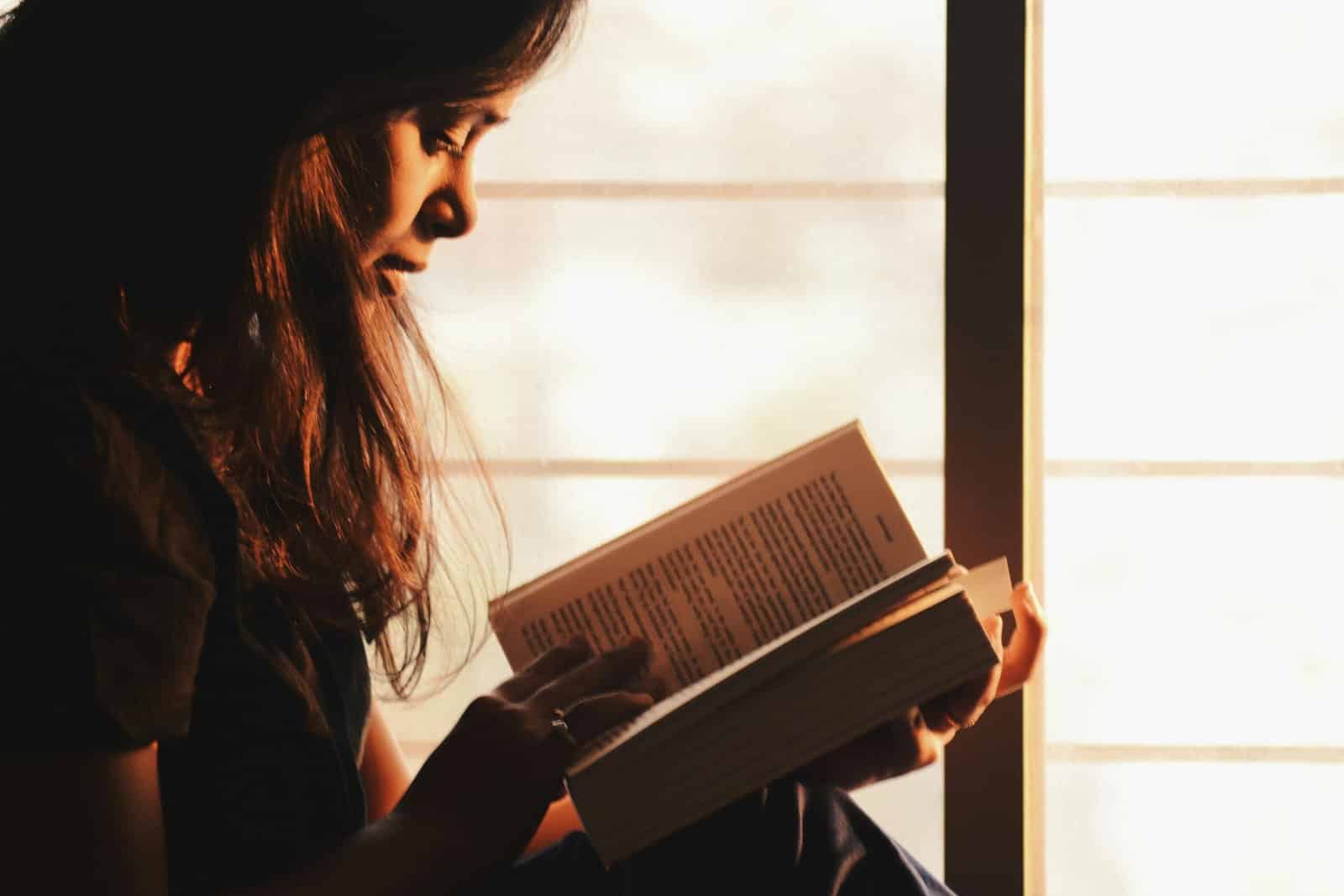
In 2022, an independent journalist created a list that identified 250 more books at risk of being banned under the expanded propaganda law.
Banning Neutral Information
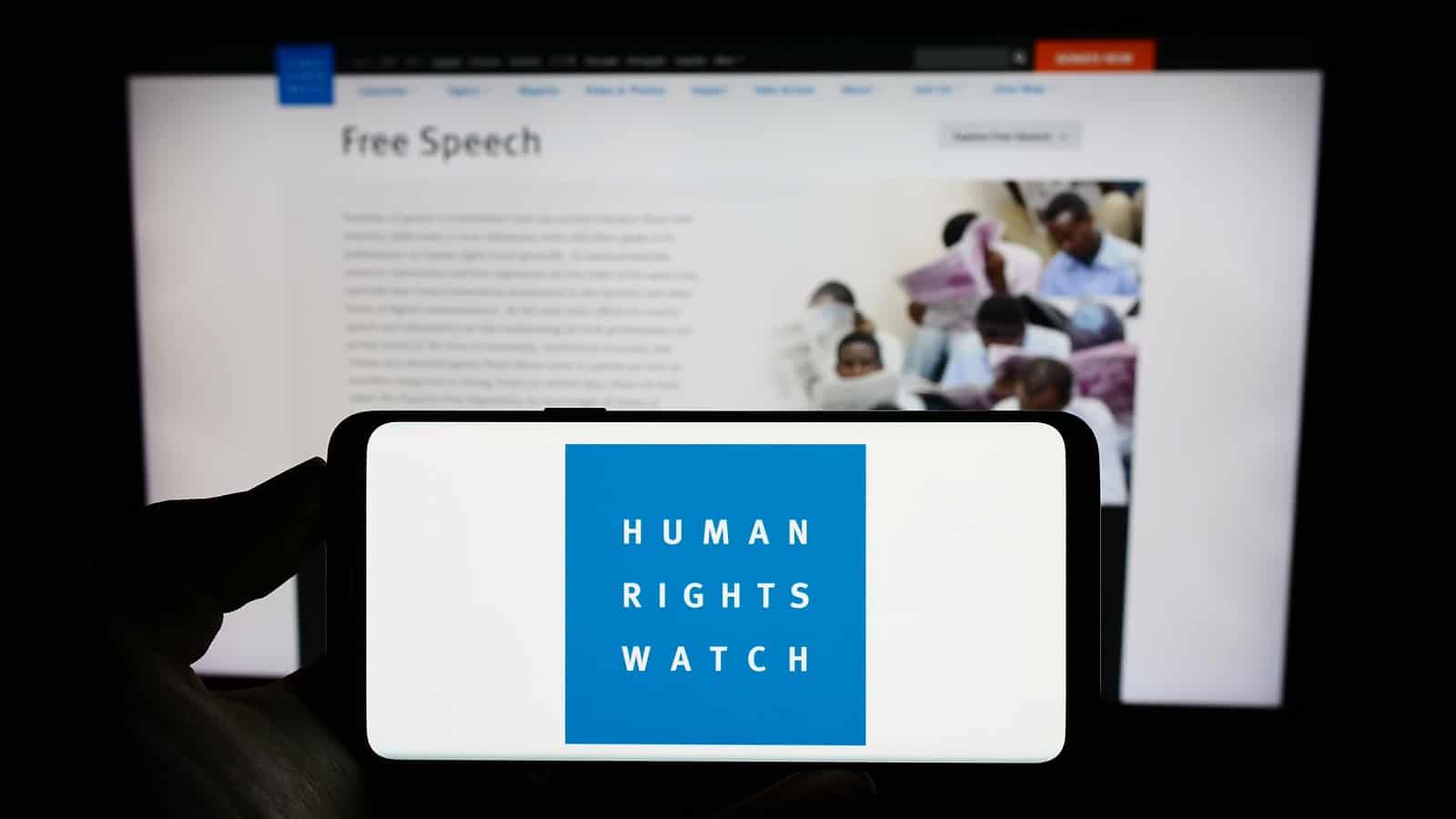
Human Rights Watch has spoken out about the new ban and that it stops “sharing positive and even neutral information” about LGBTQ+ relationships.
Speaking Out and Showing Support
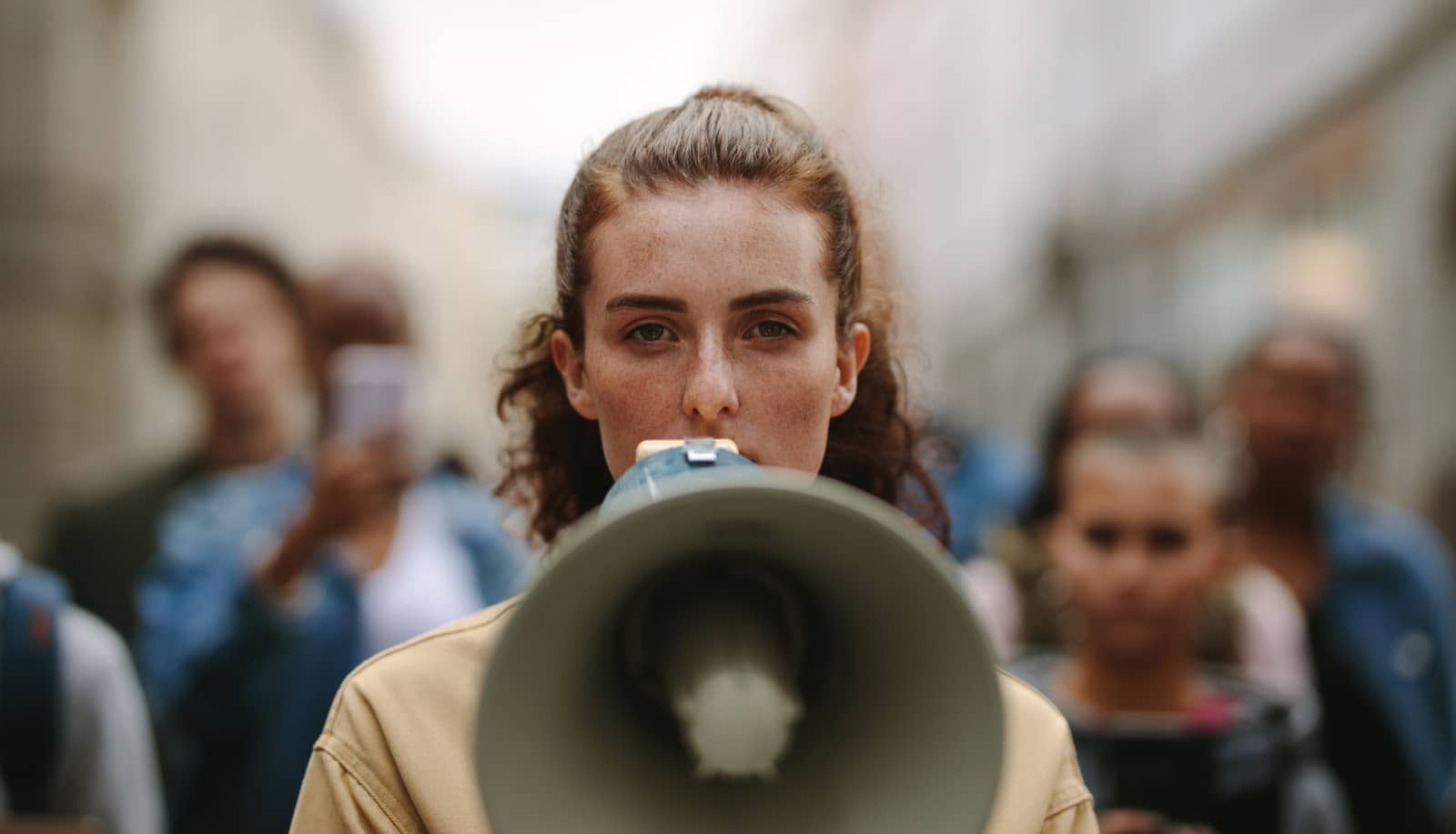
Outside of Russia, many people are speaking out against the ban and voicing their support for Russia’s LGBTQ+ community, facing the brunt of this backlash.
Connections With Soviet Era Censorship
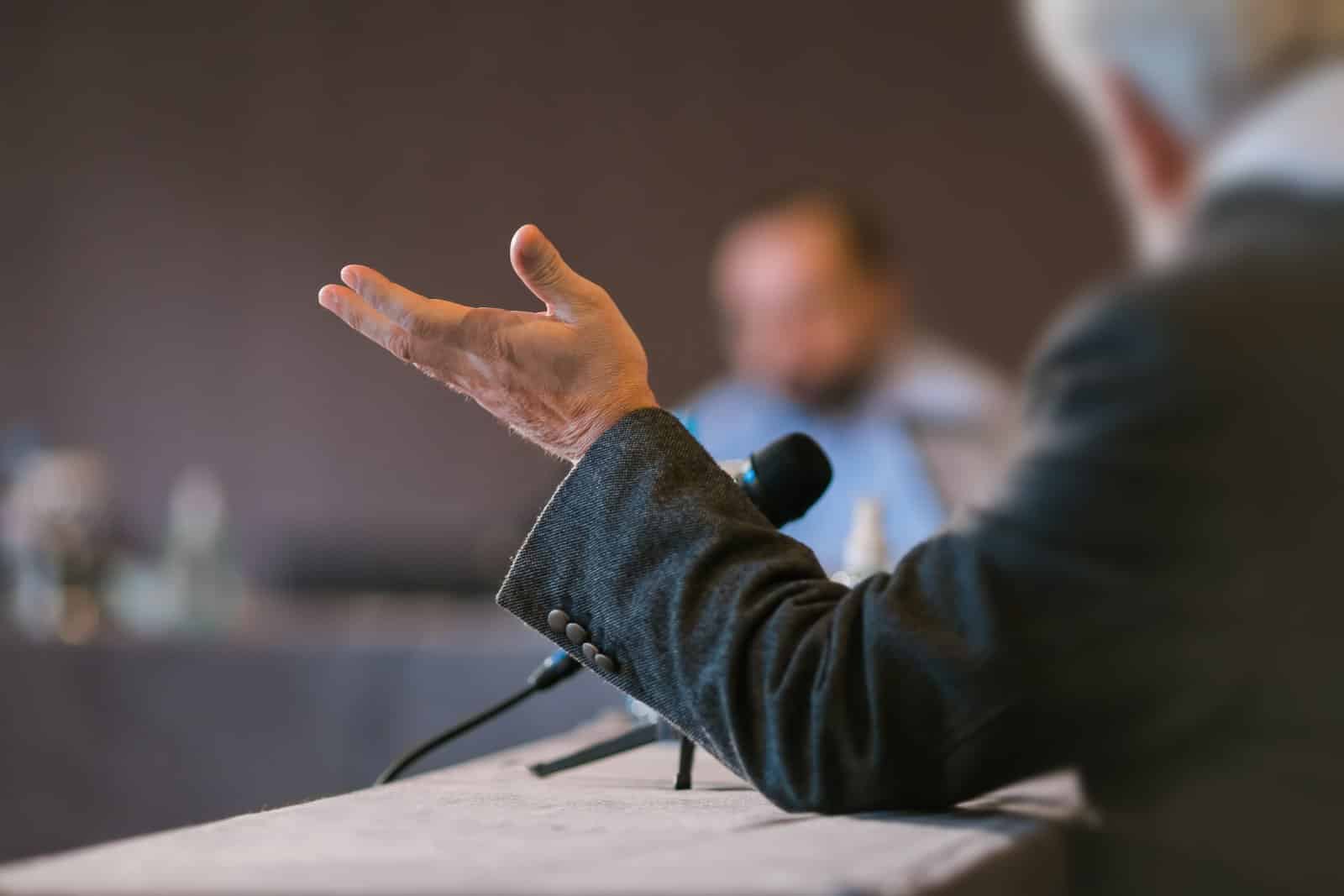
One such person is Jeff Hawn, a Russian economic specialist at the London School of Economics, who made connections to strict Soviet-era censorship.
A Special Status for Russia
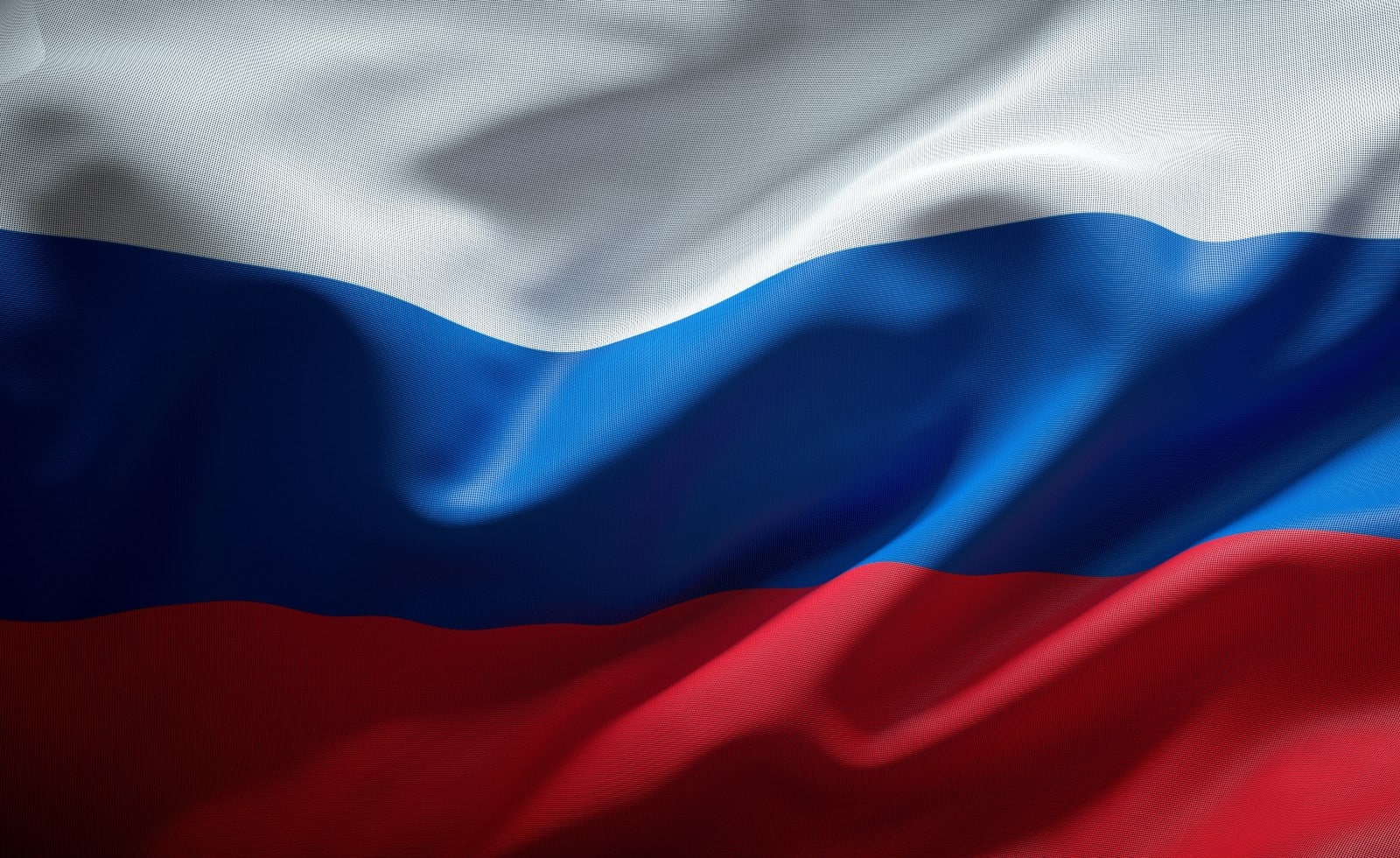
Hawn pointed out that “Literature has always enjoyed a special status because censorship of books was a very important part of the Soviet regime” and that “freedom for writers after the fall of the Soviet Union was enshrined.”
Literature in High Regard
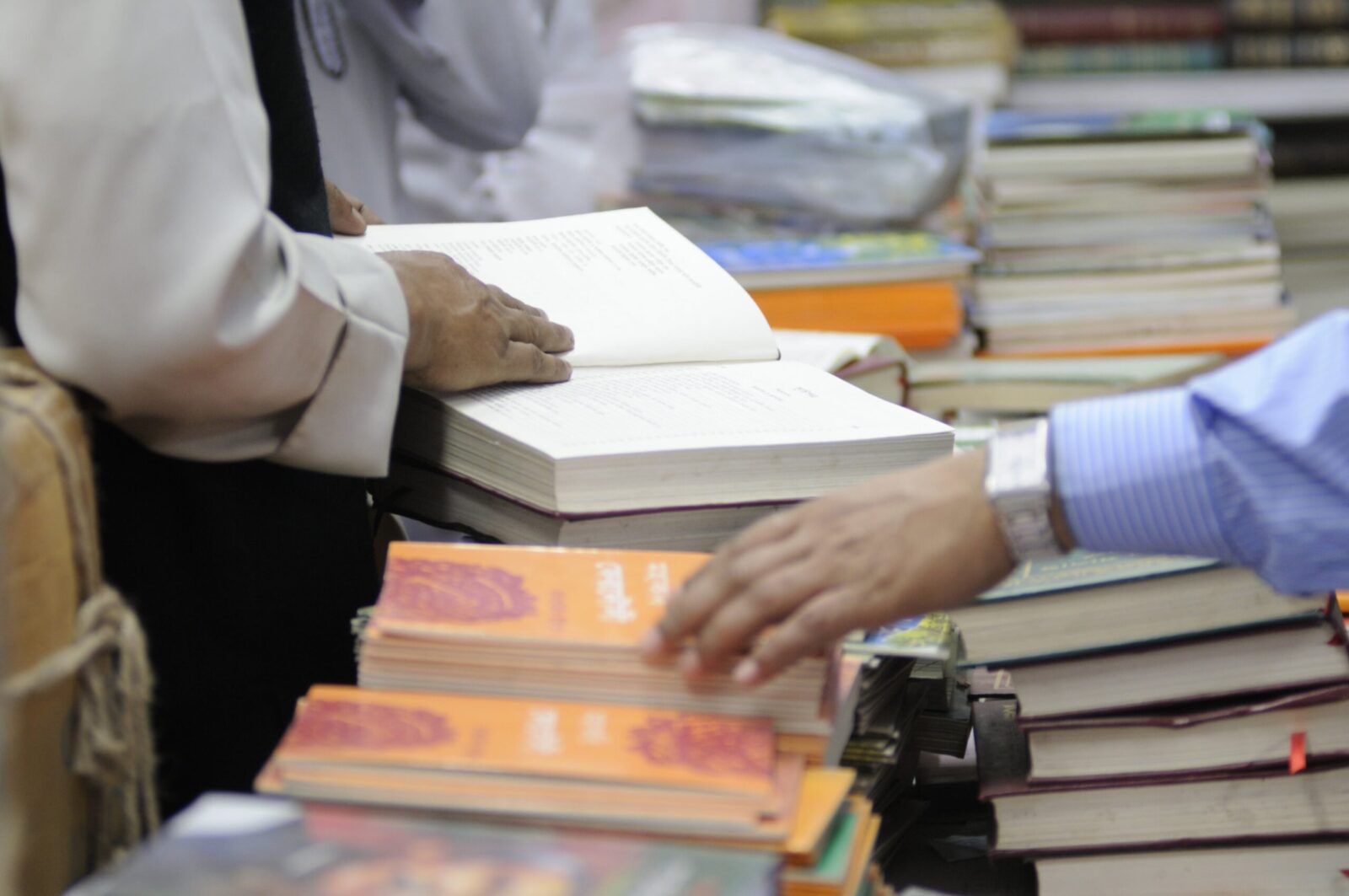
After the fall of the Soviet Union, Russians held literature in high regard due to the strict censorship laws that had previously prevented citizens from accessing these works.
Avoiding Book Bans
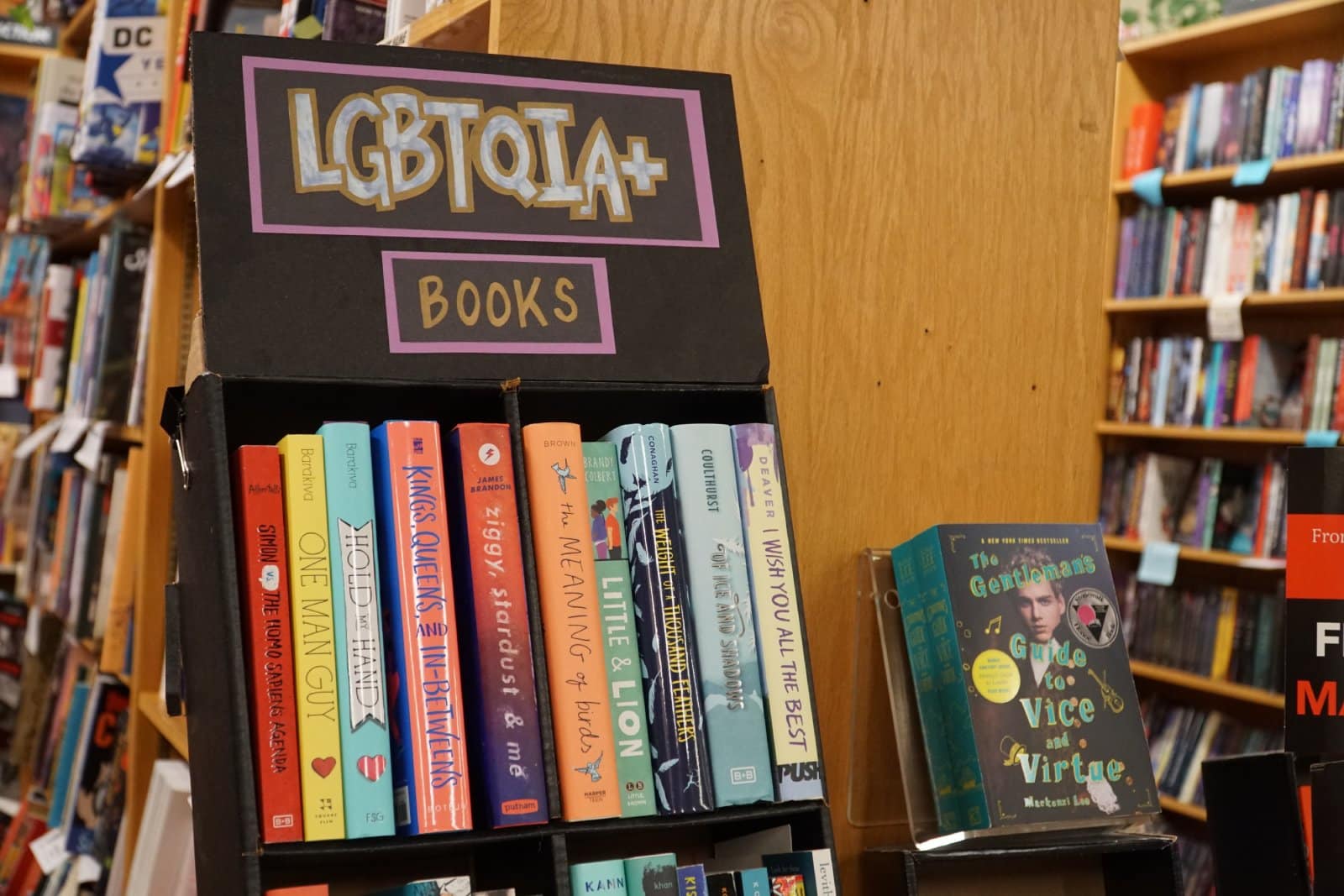
Due to the cultural appreciation of literature in Russia, the ban initially avoided books in the hopes of not perpetuating Soviet-era censorship into Russian history.
Focusing on Mass Media
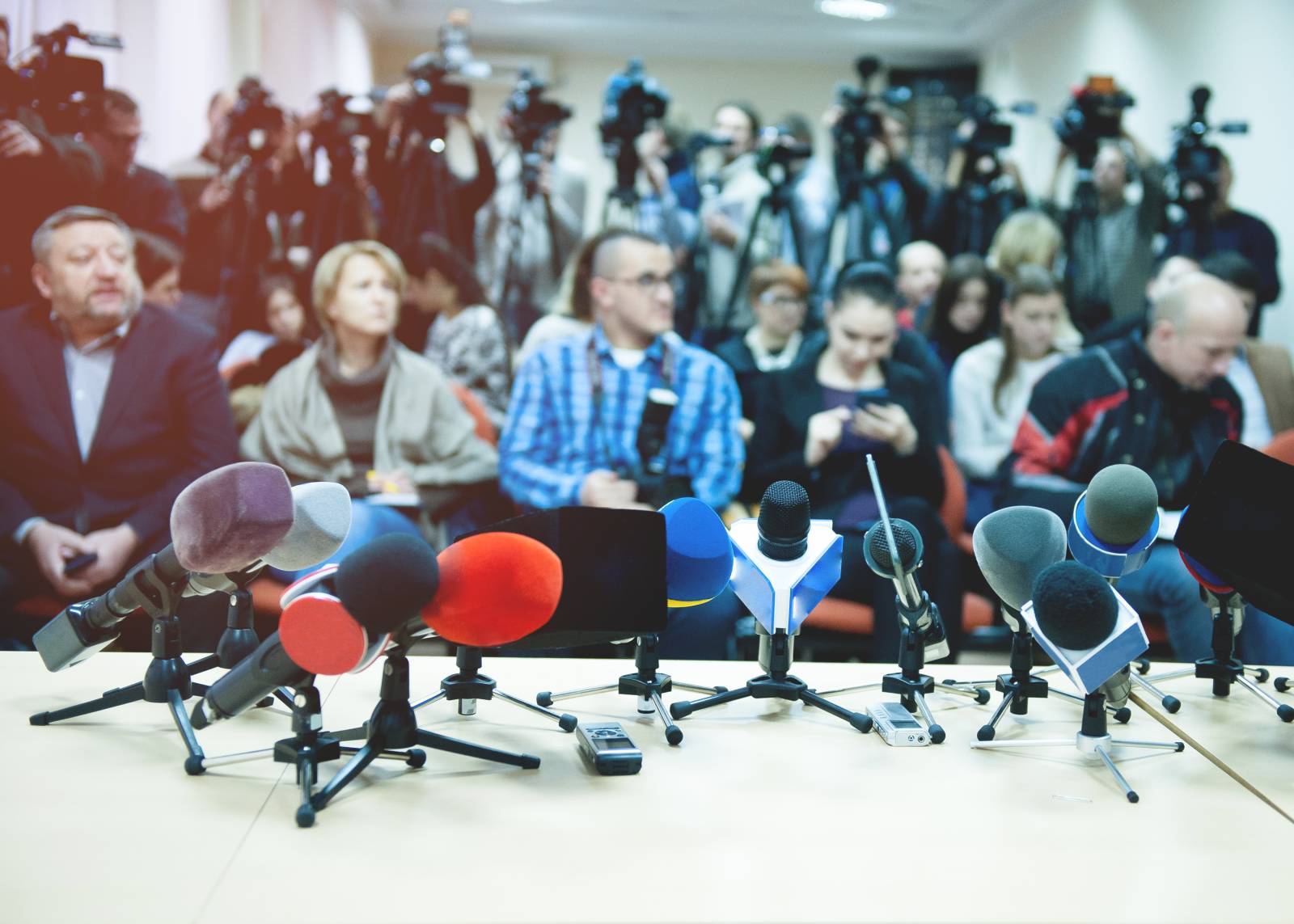
Instead, the Russian government’s priority was the censorship of mass media like the Internet and television due to its more significant impact on public perception of the LGBTQ+ community.
Increasing Censorship
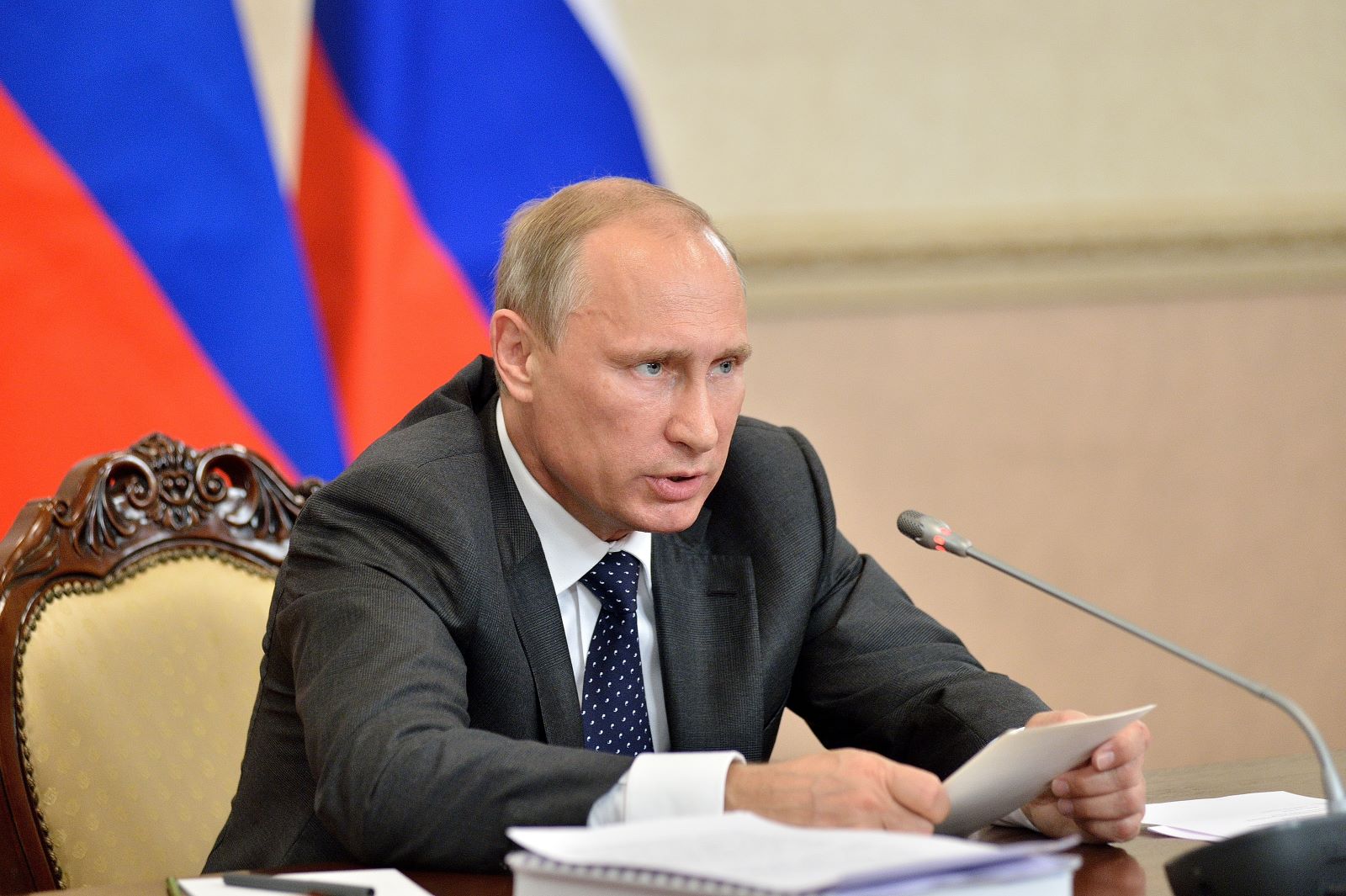
The fact that the Russian government is now banning books as well and no longer shows the same concern for repeating the mistakes of Soviet Censorship is a sign that Putin is growing more strict with his anti-LGBTQ+ agenda.
The post Russia Escalates Anti-LGBTQIA+ Measures with Imprisonments, Book Bans, and Declaring LGBTQ Movement as Terrorist first appeared on Pulse of Pride.
Featured Image Credit: Shutterstock / Free Wind 2014.

